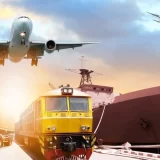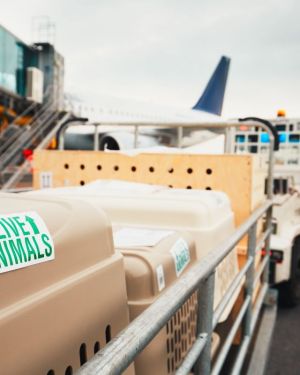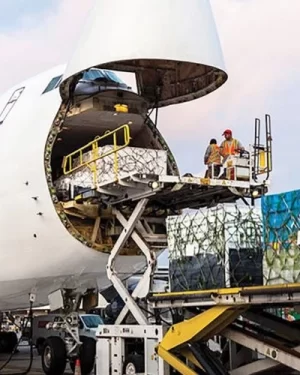Day 1: Introduction and Basic Concepts
1. Welcome and Introduction
o Course objectives
o Overview of the cargo industry
2. Cargo Industry Overview
o Importance of air cargo
o Key stakeholders in the cargo supply chain
3. Basic Cargo Procedures
o Types of cargo (general, special, dangerous goods)
o Standard cargo documentation
4. Cargo Handling Procedures
o Acceptance procedures
o Build-up and break-down of ULDs
5. Safety and Security Procedures
o Security regulations and compliance
o Cargo screening methods and techniques
Day 2: Advanced Cargo Skills
1. Cargo Load Planning
o Load planning principles
o Weight and balance considerations
2. Special Cargo Handling
o Handling of perishable cargo
o Handling of live animals and valuable cargo
3. Temperature-Controlled Shipments
o Cold chain logistics
o Temperature-sensitive cargo handling
4. Cargo Irregularities Management
o Identifying and managing cargo discrepancies
o Reporting and resolving issues
5. Customer Service in Cargo Operations
o Effective communication with clients
o Handling customer complaints and feedback
Day 3: Practical Applications and Compliance
1. Warehouse Operations
o Warehouse management systems
o Inventory control and storage techniques
2. Cargo Documentation and Compliance
o AWB completion and handling
o Customs clearance procedures
3. Introduction to E-cargo
o Benefits of electronic cargo handling
o E-freight initiatives and implementation
4. Case Studies and Practical Exercises
o Real-life scenarios and problem-solving
o Practical exercises in cargo handling and documentation
5. Assessment and Wrap-up
o Course assessment (theory and practical)
o Review of key concepts
o Q&A session
o Course feedback and certification distribution







